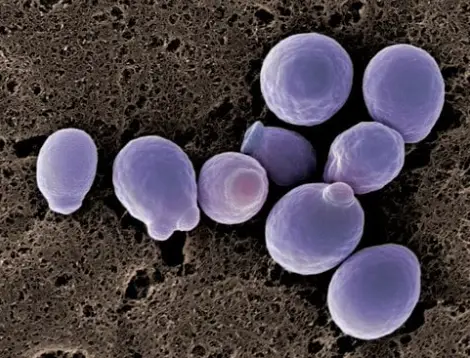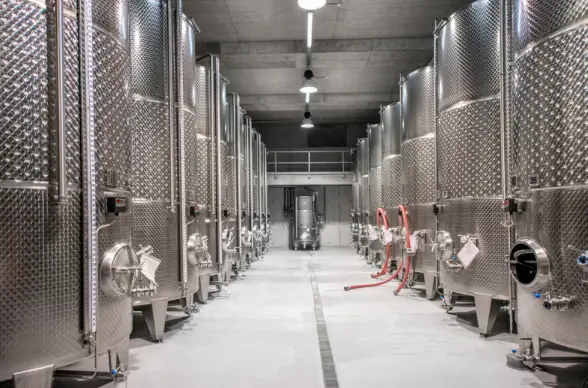Single cell protein (SCP) is a term used to describe protein derived from single-celled organisms. SCP is a valuable source of protein for humans and animals alike, and it has been proposed as a sustainable alternative to traditional protein sources like meat and soy. This article will explore the meaning of SCP, the types of SCP, and the benefits and challenges of SCP in the context of a sustainable future.
SCP definition and meaning
SCP is protein that is derived from single-celled microorganisms like bacteria, fungi, and algae. These microorganisms are grown in controlled environments and their protein is harvested for use as food or feed. SCP has been proposed as a sustainable alternative to traditional protein sources like meat and soy because it is produced using fewer resources and has a smaller environmental impact.
Types of SCP and their benefits
There are several types of SCP, each with its own unique benefits. Bacterial SCP is derived from bacteria and is rich in essential amino acids. Fungal SCP is derived from fungi and is high in protein and fibre. Algal SCP is derived from algae and is rich in vitamins and minerals. Each type of SCP has its own unique benefits and can be used in a variety of applications.

Understanding cell protein production and single-celled microorganisms
SCP is produced through the mass culture of single-celled microorganisms. This process involves growing the microorganisms in large quantities and then harvesting their protein. The microorganisms are typically grown in bioreactors, which are large tanks that are designed to provide optimal growth conditions for the microorganisms. Once the microorganisms have reached maturity, they are harvested and processed to extract their protein.
The role of industrial microbiologists in SCP production
Industrial microbiologists play a critical role in SCP production. These professionals are responsible for designing and optimizing the bioreactors used to grow the microorganisms. They also develop and implement strategies to maximize protein yield and quality. Industrial microbiologists are also responsible for ensuring that the SCP produced is safe for human and animal consumption.

Fermentation as a method for SCP mass culture
Fermentation is a common method used for SCP mass culture. This process involves the controlled growth of microorganisms in a nutrient-rich environment. The microorganisms are typically grown in bioreactors that are designed to optimize growth conditions. Fermentation is a cost-effective and scalable method for SCP production, making it an attractive option for large-scale production.
SCP as a sustainable food source
SCP is a sustainable food source because it can be produced using fewer resources than traditional protein sources like meat and soy. SCP production requires less land, water, and energy than traditional protein sources, making it a more environmentally friendly option. SCP can also be produced using waste materials like agricultural byproducts, further reducing its environmental impact.
Nutritional benefits of SCP food
SCP is a high-quality source of protein that is rich in essential amino acids. It is also low in fat and carbohydrates, making it a healthy option for those looking to reduce their calorie intake. SCP is also a good source of vitamins and minerals, including iron, calcium, and vitamin B12.
Challenges and limitations of SCP production and consumption
Despite its many benefits, there are challenges and limitations associated with SCP production and consumption. One of the biggest challenges is the high cost of SCP production, which is currently more expensive than traditional protein sources. SCP also has a strong flavor that can be unappealing to some consumers. There are also concerns about the safety of SCP, particularly in terms of potential contaminants and allergens.
SCP in the context of a sustainable future
SCP has the potential to play a significant role in a sustainable future. As the global population continues to grow, the demand for protein will increase, putting a strain on traditional protein sources like meat and soy. SCP offers a sustainable alternative that can be produced using fewer resources and has a smaller environmental impact.
Conclusion and future prospects for SCP
SCP is a promising protein source that has the potential to play a significant role in a sustainable future. While there are challenges and limitations associated with SCP production and consumption, ongoing research and development are likely to address these issues in the coming years. As demand for protein continues to grow, SCP offers a sustainable alternative that can help to reduce the environmental impact of protein production and consumption. As consumers, we have the power to drive demand for sustainable protein sources like SCP. By choosing products made with SCP, we can help to reduce our impact on the environment and promote a more sustainable future.

